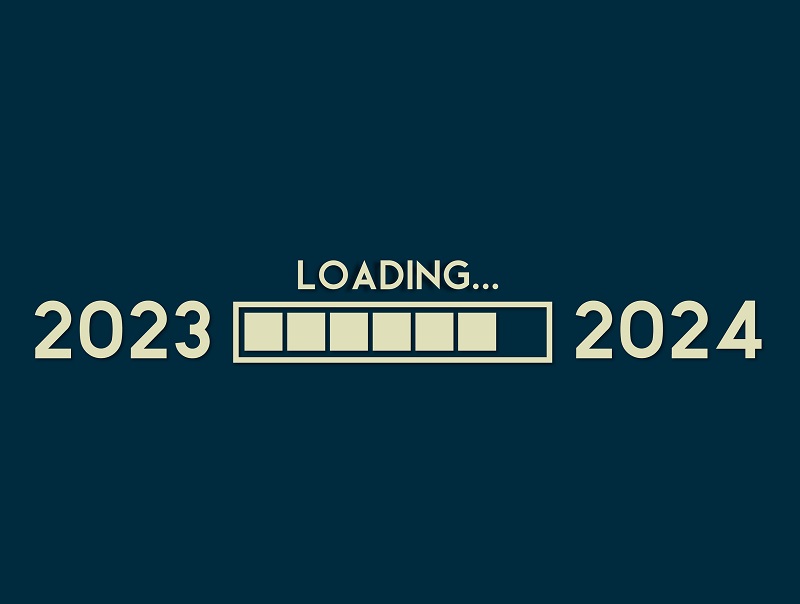
On Monday, October 5, IMF Managing Director Dominique Strauss-Kahn and Princess Maxima of the Netherlands, an international development advocate and the UN Special Advocate for Inclusive Finance for Development, launched the IMF’s new
Access to Finance Project at the World Bank/IMF annual meetings in Istanbul.This timely Dutch-funded initiative provides for the regular collection and sharing of national data on the geographic and demographic reach of financial services. Such data will be invaluable to policymakers around the globe, who increasingly recognize that access to financial services—secure savings, credit, insurance, even such seemingly simple things as checking accounts—is critical to equitable growth and poverty reduction. The IMF data collection effort will greatly accelerate global implementation of one of the key recommendations of a new CGD task force report,
Policy Principles for Expanding Financial Access, concerning data collection, monitoring and evaluation of financial access. The report’s Principle No. 10 urges governments to ensure collection of sufficient data to:
- Allow for the determination of the gaps in access to financial services that will facilitate private-sector solutions.
- Provide accountability of public policy for monitoring and evaluation of the effectiveness of pro-access policies; and,
- Help build a better, research-based understanding of what works in relation to access
I believe that this is precisely what the new IMF project aims to achieve. As one of the three
Task Force co-chairs (Stijn Claessens of the IMF and Patrick Honohan, newly named Governor of the Central Bank of Ireland, are the other two), I congratulate the IMF, and I salute Princess Maxima for her efforts to support this initiative.

I am also delighted that Princess Maxima
singled out our report in her remarks, describing it as “offering a clear set of guidelines for policymakers in the financial inclusion arena.” Added the Princess: “I am sure that these policy principles, together with the UN key messages, will be widely used when setting up national strategies.”I hope she is right!The announcement in Istanbul came on the heels of a
commitment at the G-20 Pittsburgh Summit last week to launch a G-20 Financial Inclusion Experts Group to
identify lessons learned on innovative approaches to providing financial services to [excluded] … groups, [and] promote successful regulatory and policy approaches and elaborate standards on financial access, financial literacy, and consumer protection.
I anticipate and hope that the ten principles compiled by our Task Force will be similarly useful to this new G-20 experts group.Some readers may be wondering why the IMF should be involved in an arena that would seem to be the purview of development agencies, such as the World Bank. Some may even be pondering whether initiatives of this sort may distract the IMF from its central role of supporting global macroeconomic and financial stability. No need to worry! Financial services access is squarely within the IMF bailiwick.The financial crisis reminds us all that inadequate regulatory, supervisory, and corporate governance practices can cause financial innovations
that appear to be providing increased access to become dangerously unsustainable and the cause of severe financial disruptions. Thus
good practices for financial access are themselves crucial to financial stability.The first step for the design of policies aiming at improving financial access on a
sustainable basis is to keep track of where financial access is. Data collection is needed not only to monitor advances but to evaluate the
quality and sustainability of progress. The IMF is inarguably the right place for such an initiative.
CGD blog posts reflect the views of the authors, drawing on prior research and experience in their areas of expertise.
CGD is a nonpartisan, independent organization and does not take institutional positions.






